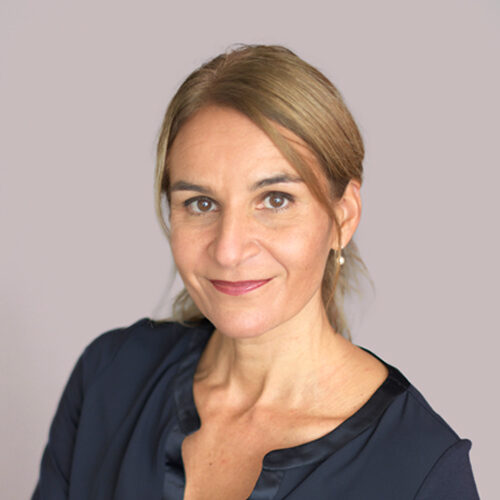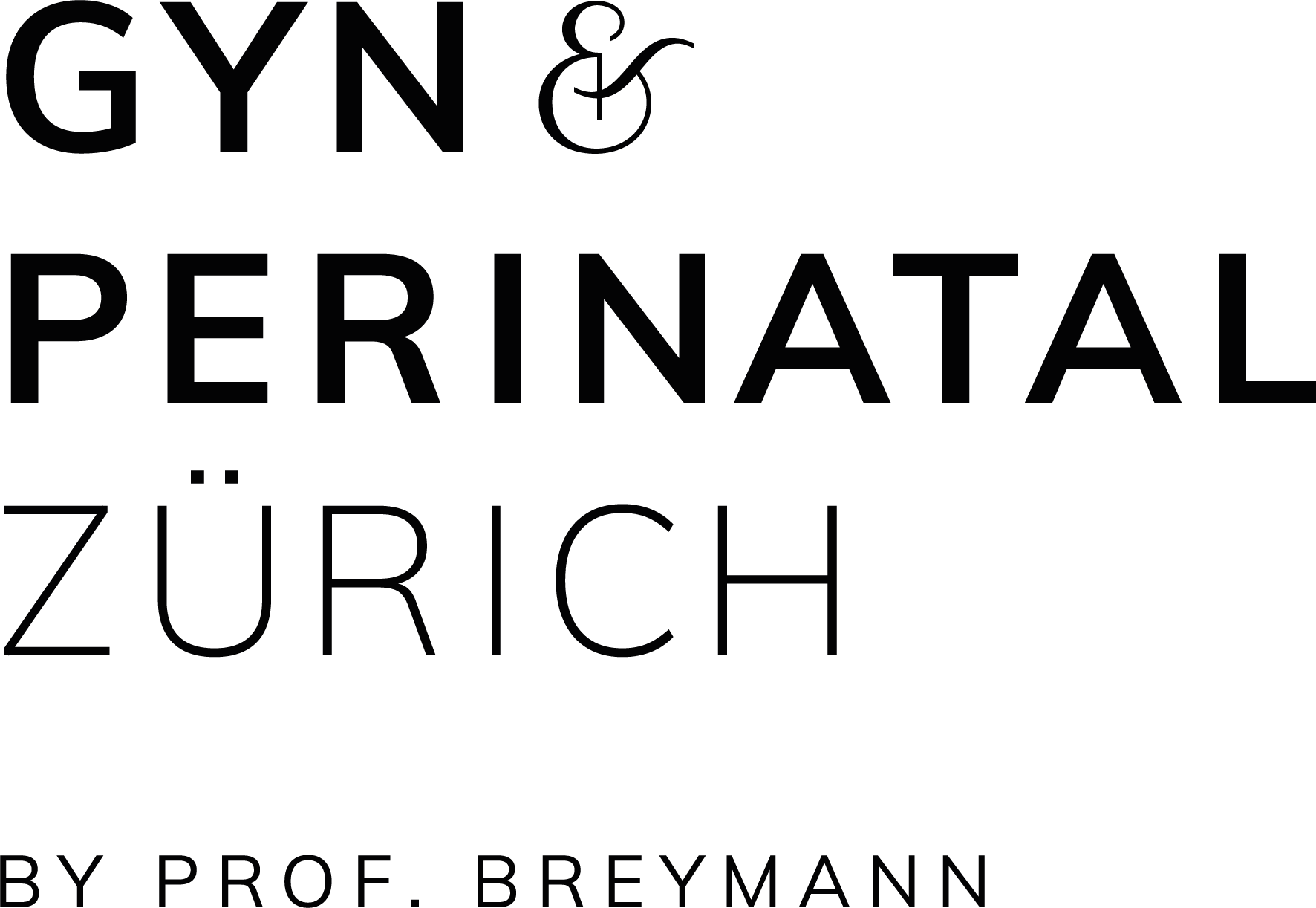Iron deficiency and anaemia in pregnancy and after birth
In the peripartum period, iron deficiency with or without anaemia is a common problem and leads to increased maternal and fetal morbidity and mortality. Therefore, national and international guidelines specify the timing, desired laboratory values and pregnancy-adapted cut-off values for early diagnosis of iron deficiency.
The aim of this PEB was to examine how gynaecologists in private practice deal with the recommendations for diagnosing iron deficiency around pregnancy and the puerperium, and to investigate the effectiveness and tolerability of IV iron supplementation.
A total of 279 patients from 68 gynaecologists participated in the study. Hb measurements were most frequently taken at the beginning of the first trimester, in the 28th week of gestation, shortly before birth and around the sixth week postpartum.
This corresponds to the recommended time points. 99.3% of patients received IV treatment with iron carboxymaltose (ECM) after switching from oral iron therapy or directly without prior oral treatment. Several reasons for IV treatment were possible: insufficient efficacy, as well as intolerance of oral therapy, a desired rapid anaemia correction or advanced anaemia in pregnancy.
Symptoms such as fatigue, reduction in physical performance and impaired concentration improved significantly after therapy. Besides this, no adverse effects to the infusion were reported, which underlines the already known tolerability profile of ECM pre- and postnatally.
Authors
- Prof. Christian Breymann: Foeto-maternal Haematology Unit, University Hospital, Zurich, Switzerland,
- Dr Edoardo Taddei, specialist in gynaecology and obstetrics at the Centro Medico in Lugano
- Pascal Schaer, Medical Department, Vifor Pharma Switzerland SA, Villars-sur-Glâne





